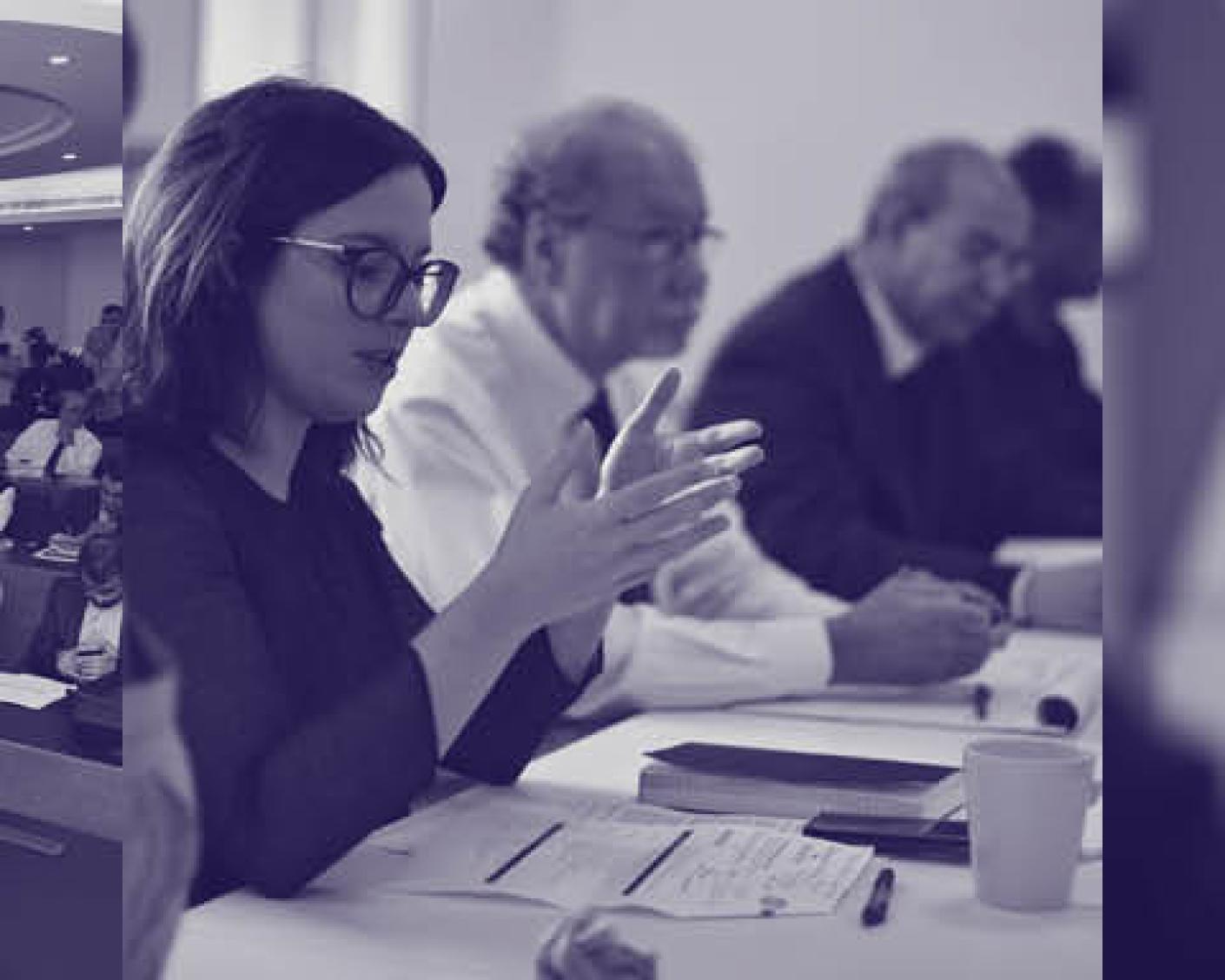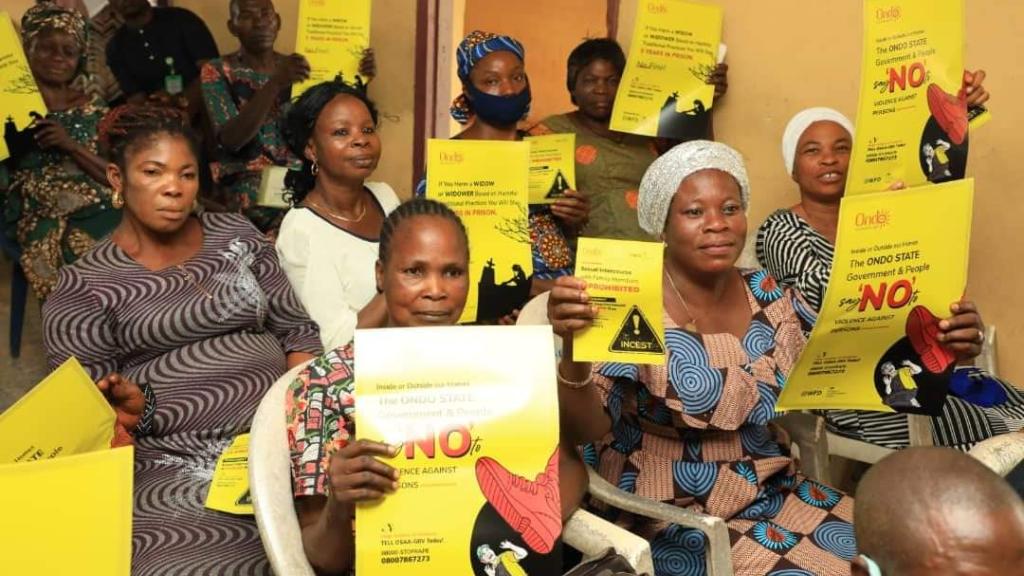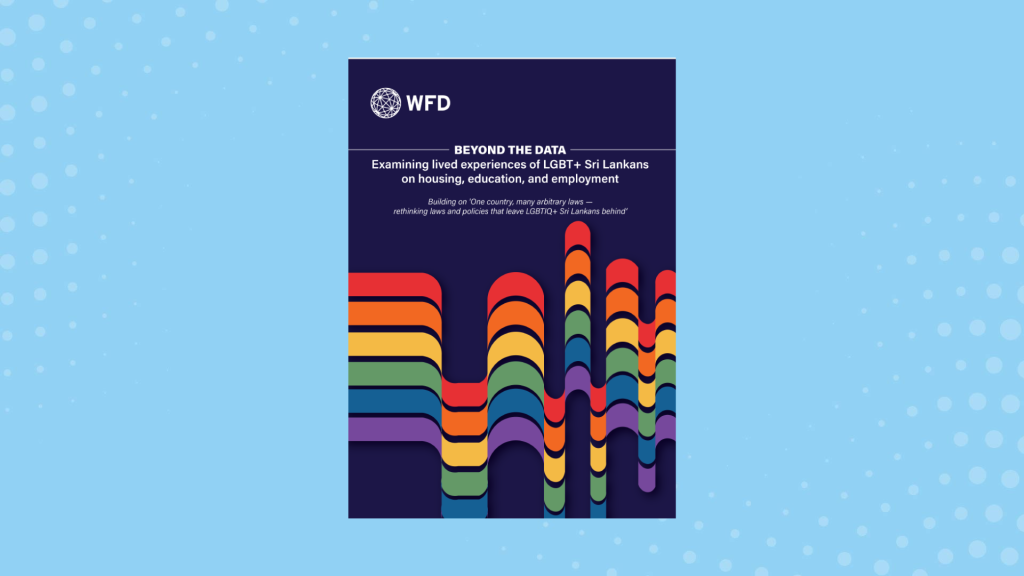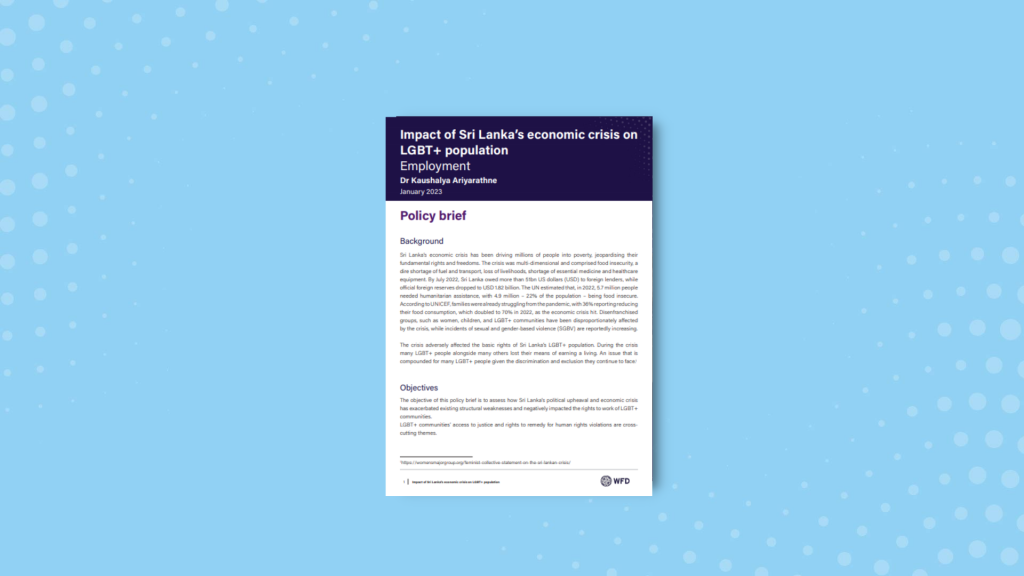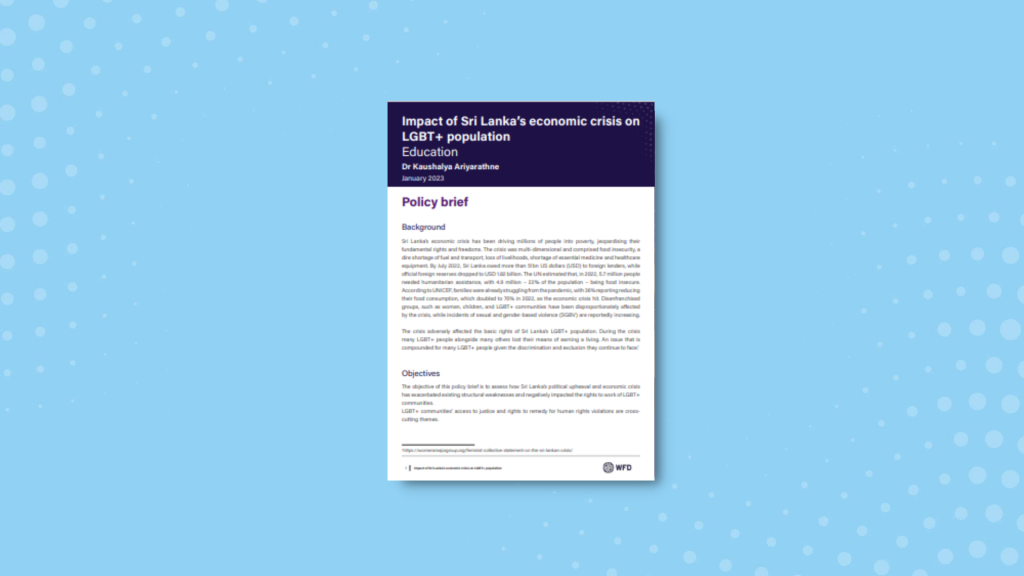About the programme
The new Global Equality Project (GEP II), which runs through to March 2024, builds on the accomplishments of the first phase of the Global Equality Project (GEP I), as well our previous Commonwealth Equality Project (CEP). GEP II will ensure that the momentum created by GEP I and CEP – to amend and repeal discriminatory policies and laws, defend human rights, and promote gender equality – builds to contribute to more sustainable outcomes.
The programme aims to foster an environment in which local decision-makers and civil society actors are better able to advance equality and ensure that women and girls, LGBT+ people and other people facing multiple forms of discrimination and exclusion are included in politics and society. GEP II will work in over 20 countries and territories in Africa, Asia, the Caribbean, and the Pacific to create space and opportunity for enhanced collaboration and engagement between lawmakers and civil society organisations.
To achieve this, we are following three avenues to equality and inclusion:
- Demonstrating the social and economic costs of discriminatory regulations and practices to government actors and parliaments through research and evidence. This type of analysis puts a number on exclusion so that everyone understands what is lost when people are left out or left behind.
- Strengthening collaborative relationships between civil society organisations and political decision-makers and anchoring these in evidence-based research that supports better informed discussions on policy. This helps leaders who have to make a decision that affects the whole of society understand that issue beyond their own experience and beliefs which, while important, are rarely the whole picture.
- Deepening civil society’s policy development and policy advocacy capacities so that their issue expertise can more effectively deliver positive change in laws, policies, and their implementation, as well as shifts in social norms.
The programme is funded by the UK Foreign, Commonwealth and Development Office (FCDO) and is implemented in partnership with UK-based LGBT+ rights charity, Kaleidoscope Trust.
Global Equality Project Phase 1
GEP I was implemented between August 2021 and March 2022 in Africa, the Eastern Caribbean, Asia, and the Pacific. The programme’s successes include:
- Identifying gaps in laws and policies that leave LGBT+ Sri Lankans behind and helping build coalitions to rethink these.
- Supporting women leaders in Nigerian states as they worked to pass the Violence Against Persons Prohibition Act, which helps protect vulnerable people from violence.
- Creating avenues between MPs, civil society organisations and other key stakeholders in Uganda, to promote gender equality among women, girls, and other minority groups by contributing to the creation of responsive policy and legal frameworks that address their needs.
Commonwealth Equality Project
CEP supported local decision-makers and civil society actors in 16 Commonwealth countries in Africa, the Eastern Caribbean, Asia, and the Pacific. The programme’s successes include:
- Developing the tools needed for CSOs to bring about positive change, such as a guide to monitoring and assessing the impact of government initiatives.
- Forming an informal network of LGBT+ CSOs and stakeholders and running a survey and gap analysis that examined a wide variety of Sri Lankan laws and policies on LGBT+ issues in the country.
- Developing a database that provides advocates of LGBT+ rights with information on how the Committee on the Elimination of All Forms of Discrimination against Women (CEDAW) perceives SOGIESC-based discrimination and what potential it presents for their national advocacy efforts.
- Strengthening dialogue and engagement between CSOs and government officials in Tonga and supporting the drafting of recommendations for amendment of the Criminal Offences Act 2015.
- Supporting civil society advocates in Mauritius as they campaigned for intersectional equality and better legal protection of women, children, and LGBT+ people from violence and other forms of discrimination.
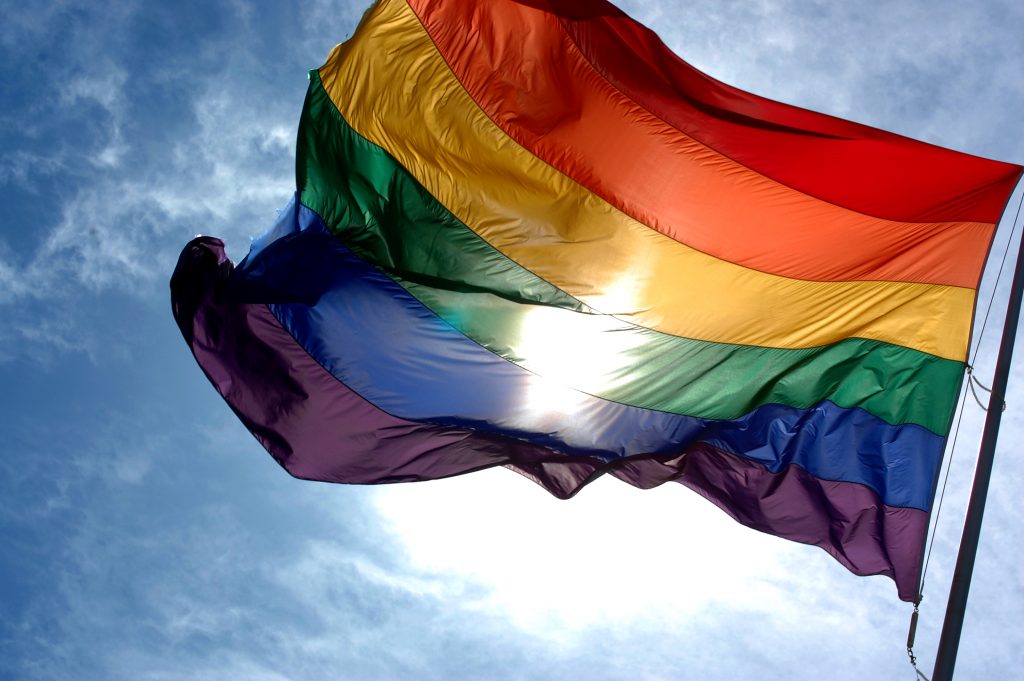
Under the Commonwealth Equality Project (CEP), WFD engaged and worked with different stakeholders on an evidence-based approach to LGBT+ issues in Sri Lanka. WFD’s CEP programme provided two key areas of contribution during 2020/21. Firstly, the generation of evidence: a detailed public survey in all 25 districts of Sri Lanka was, for the very first time, conducted. The survey examined public knowledge, attitudes, and perceptions of LGBT+ people. The second area of contribution was on outreach.
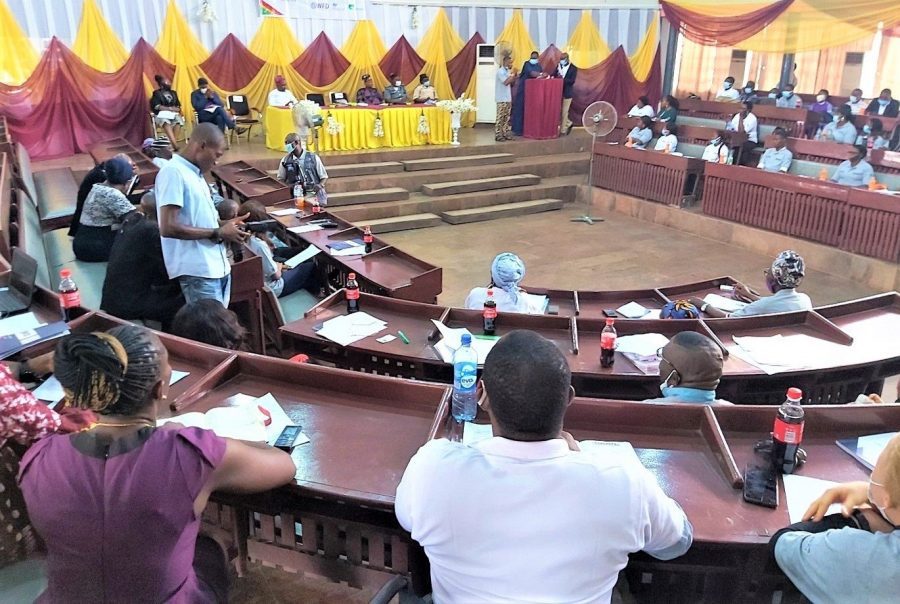
WFD, through the Commonwealth Equality Project (CEP), supported the Oyo State House of Assembly and the people of Oyo state to review and pass the Violence Against Persons Prohibition (VAPP) Bill into law.

Building the case for inclusion reaches beyond making sure people understand hard cold facts about the ruinous costs of discrimination. Art and culture can be a positive transformative force, helping to build understanding and empathy. To help build awareness of the realities of LGBT+ peoples’ lives in Sri Lanka, WFD provided funding for a series of fictional short films, which premiered in the country in late 2021 and will go on tour around the country in 2022.
